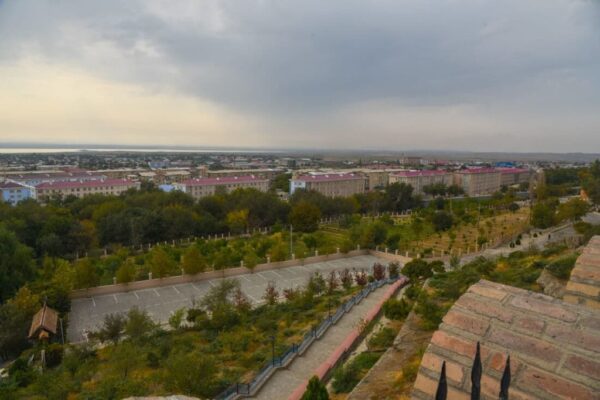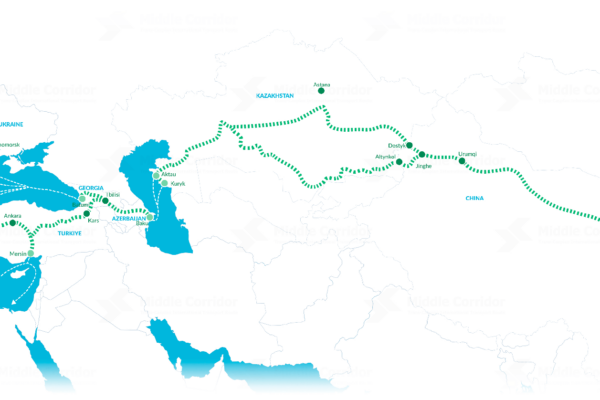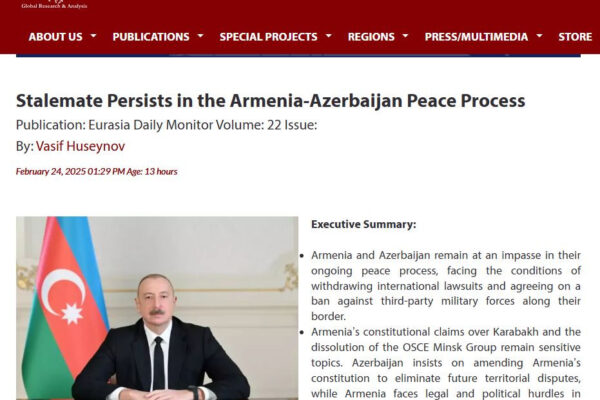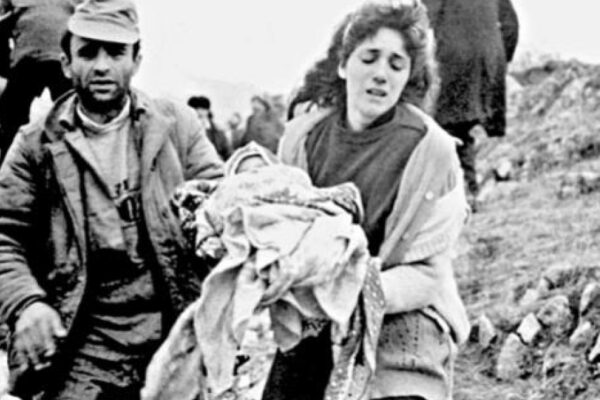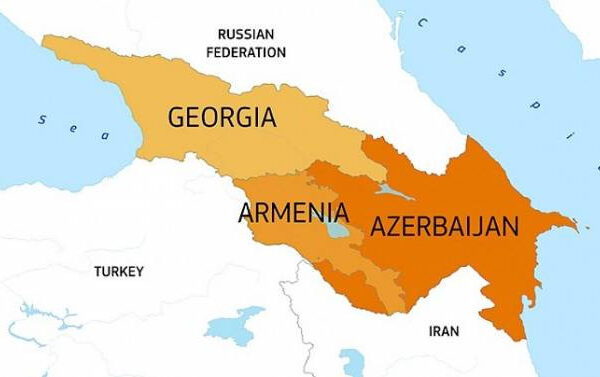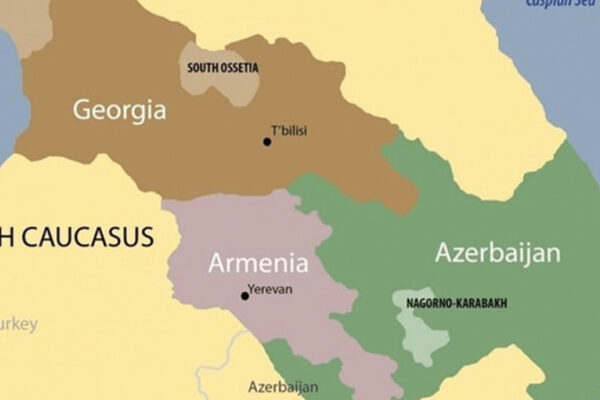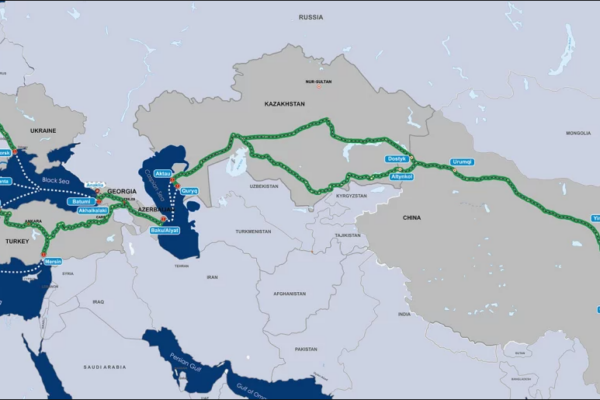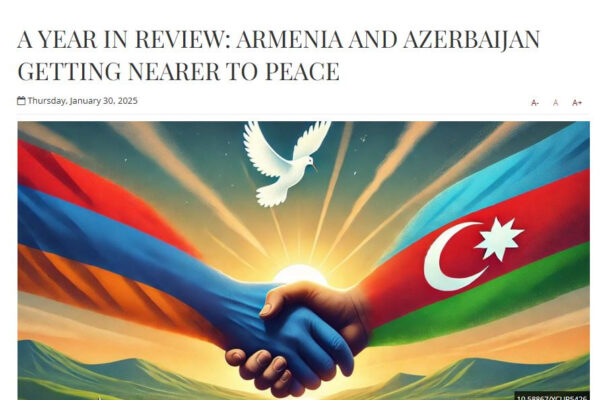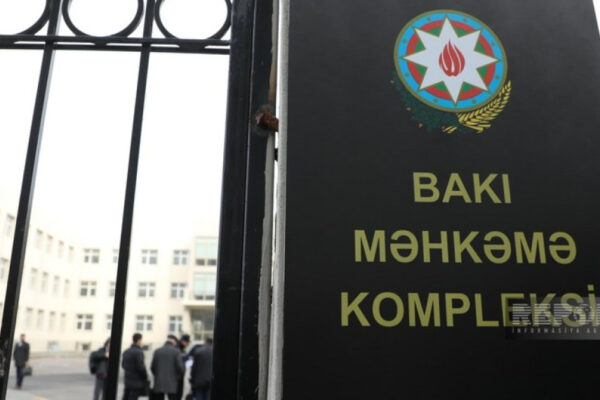
Opinion: Baku Trials Expose Armenia’s Role in the Karabakh Conflict
The trials of former Armenian separatist leaders in Baku mark a long-overdue moment of accountability for decades of aggression, occupation, and destruction in the Karabakh region of Azerbaijan. The proceedings in the Baku Military Court are more than a legal exercise – they are a public affirmation of Azerbaijan’s sovereignty over its internationally recognized territory,…

